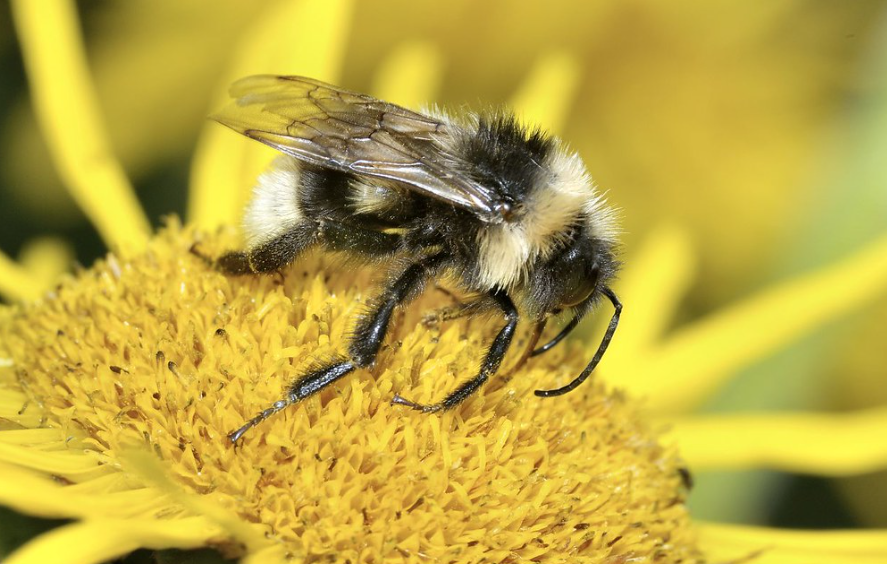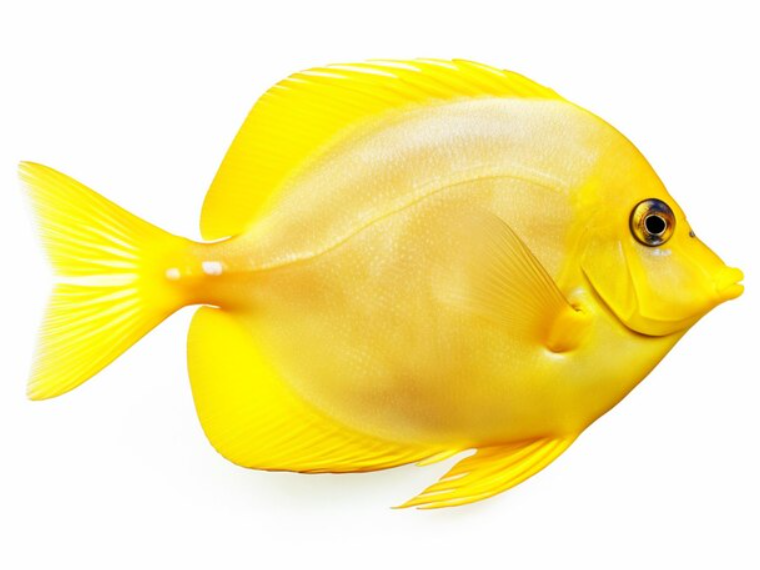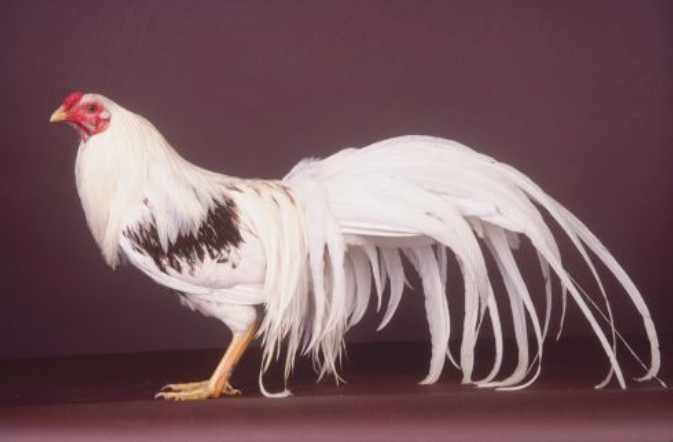
Yokohama Chicken: the Stylish and Distinct Breed
The Yokohama chicken is a distinctive and exquisite breed that is prized for its graceful look and long, flowing feathers. This breed, which originated in Japan, is popular among poultry aficionados and those wishing to add a special bird to their flock because of its remarkable, elegant posture and unique appearance. We will go over every facet of the Yokohama Chicken in this extensive guide, from its temperament and care needs to its history and physical characteristics.
Quick Top 10 Facts about Yokohama Chicken
| SCIENTIFIC NAME | Gallus gallus domesticus (Yokohama Chicken variety) |
| CLASSIFICATION | KINGDOM: Animalia CLASS: Aves ORDER: Galliformes FAMILY: Phasianidae PHYLUM: Chordata GENUS: Gallus |
| SIZE | Medium-sized chicken, with males weighing 2-3 kg and females around 1.5-2 kg |
| HABITAT | Domesticated, typically raised in farms or backyard environments |
| DIET | Omnivorous – Primarily grains, seeds, and insects, but can also eat fruits and vegetables |
| SPECIES | Yokohama Chicken (Gallus gallus domesticus), a breed known for its striking appearance and ornamental feathers |
| COUNTRY | Originally bred in Japan, now found worldwide in poultry farms and ornamental chicken collections |
| GESTATION PERIOD | Egg incubation lasts about 21 days |
| LIFE SPAN | 10-12 years in captivity, depending on care and environment |
| CONSERVATION STATUS | Not endangered, but considered a rare and ornamental breed |
What is a Yokohama Chicken?
The Yokohama chicken is a Japanese breed renowned for its eye-catching plumage, slim body, and long tail. It is considered one of the most beautiful types of chickens, with its feathers flowing behind, giving the impression of a show bird. Although originally bred in Japan for show purposes, in some areas, this breed is also known for being a prolific egg layer.
Yokohama hens come in two colour varieties: gold and black. These hens are highly valued for their vibrant feathers and appealing appearance. Their serene nature and stunning looks make them popular among backyard chicken keepers, particularly those who seek something unique in their flock.
Physical Characteristics of the Yokohama Chicken
The most recognisable traits of the Yokohama Chicken are its elegant posture and long tail. These graceful, delicate birds are often admired by both casual onlookers and poultry experts for their beauty. Let’s delve into the notable physical features of the Yokohama Chicken.
Yokohama Chicken Weight and Dimensions
The Yokohama Chicken is of medium size. Typically, females weigh between 4 and 5 pounds, while males weigh between 5 and 6 pounds. Their sleek, slim physique, combined with their long feathers, enhances their graceful appearance.
Yokohama Chicken’s Feathers and Plumage
The long, flowing feathers of the Yokohama Chicken, especially the tail feathers, are among its most striking features. The males, in particular, sport very long feathers that create a sweeping effect. The black variety has dark, glossy feathers, while the gold variant boasts beautiful golden plumage. Both colour types are highly prized in ornamental breeding.
The Yokohama Chicken’s Head and Comb
The Yokohama Chicken has a smooth and elegant head with a small, upright comb. Their narrow beak adds to their refined appearance, and their bright, alert eyes further highlight their striking looks.
Temperament and Behaviour of the Yokohama Chicken
In addition to their remarkable physical traits, Yokohama chickens are known for their peaceful and gentle nature. These birds make excellent companions and pets due to their calm temperament. Here’s a breakdown of their character traits.
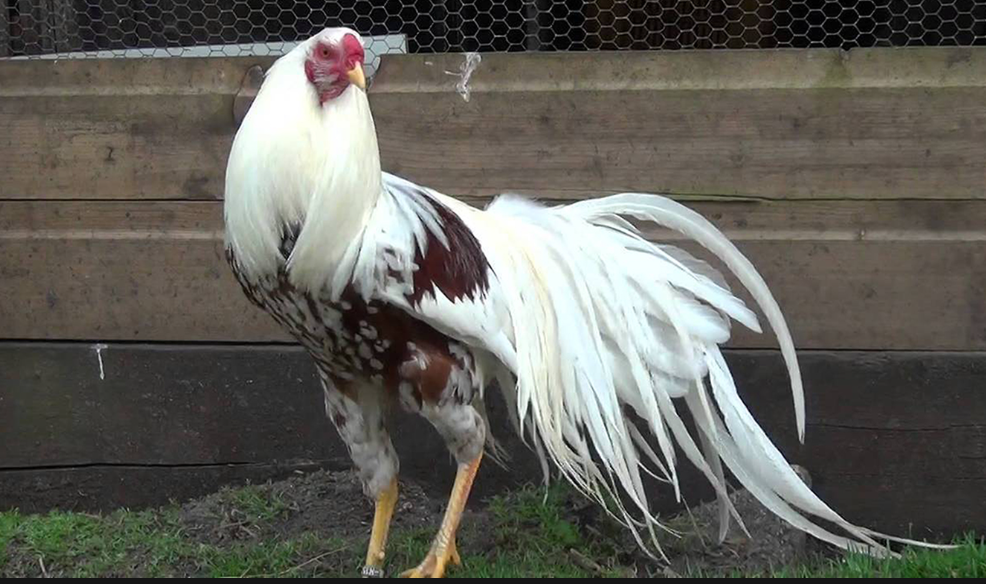
Yokohama Chicken’s Smiling and Peaceful Nature
Yokohama chickens are perfect for backyard flocks as they tend to be quiet and gentle. They are friendly and relatively easy to manage, especially when they are introduced to people at a young age. Though they are more reserved than some other breeds, they possess a strong sense of independence and are not particularly aggressive.
Yokohama Chickens: Informed and Inquisitive
Yokohama hens are naturally curious and intelligent. They enjoy exploring their surroundings and can often be found wandering around the garden, examining everything. Their inquisitive nature makes them excellent foragers, allowing them to engage in natural behaviours and hunt for food.
How Yokohama Chickens Work Well with Other Poultry
Yokohama chickens typically get along well with other breeds. Their peaceful and non-aggressive nature allows them to coexist harmoniously with hens and roosters of different types. However, like any other chicken breed, they may need time to adjust to new birds. It is important to ensure they have enough space to roam and find their place within the flock.
Production and Egg Laying of the Yokohama Chicken
Although the Yokohama chicken is mainly appreciated for its appearance, it also makes a good egg layer. While they are not as prolific as some other breeds, Yokohamas contribute to the egg production of a backyard flock by laying medium-sized white eggs. Their egg production may vary based on factors such as genetics, environment, and diet.
Yokohama Chicken’s Health and Lifespan
Although a resilient breed, Yokohama chickens, like any other poultry, are susceptible to certain health issues. Providing proper nutrition, maintaining a clean living space, and ensuring regular check-ups can help your Yokohama chicken live a long and healthy life.
What is the average lifespan of a Yokohama chicken?
With proper care, a Yokohama chicken typically lives between five to eight years. Their lifespan can be influenced by various factors, including diet, environmental conditions, and overall health management.
Typical Health Problems in Yokohama Chickens
- Respiratory Issues: Like many other chicken breeds, the Yokohama chicken is prone to respiratory problems if kept in damp, unhygienic conditions with poor ventilation. Regular cleaning of their coop can help prevent respiratory diseases.
- Parasites: External parasites, such as lice and mites, can affect Yokohama chickens. Regular parasite checks and treatments are necessary to keep them healthy.
- Egg Binding: On rare occasions, female Yokohamas may experience egg binding, a condition where an egg becomes lodged in their reproductive system. Immediate veterinary assistance is crucial if this occurs.
Yokohama Chicken Nutrition and Feeding Tips
For optimal health, Yokohama chickens require a balanced diet. Ensure they are fed high-quality poultry feed appropriate for their age and productivity. Their diet can be supplemented with grains, fresh vegetables, and occasional treats. Be cautious not to overfeed them, as they are prone to obesity if left unchecked.
Taking Good Care of Your Yokohama Chicken
Proper care is essential to maintaining the health and well-being of your Yokohama chicken. Regular exercise, a clean living environment, and grooming are key to keeping them happy and healthy.
Upkeep of the Yokohama Chicken’s Coop
Ensure that the coop is safe, dry, and clean for your Yokohama chickens. Adequate ventilation and space are crucial for their comfort and health. Regularly cleaning their bedding and perches will help prevent the build-up of germs and parasites.
Supplying Yokohama Chickens with Enrichment
Yokohama chickens benefit from access to outdoor space where they can roam and forage. Providing enrichment such as toys, roosting perches, and dust baths helps keep them mentally and physically stimulated.
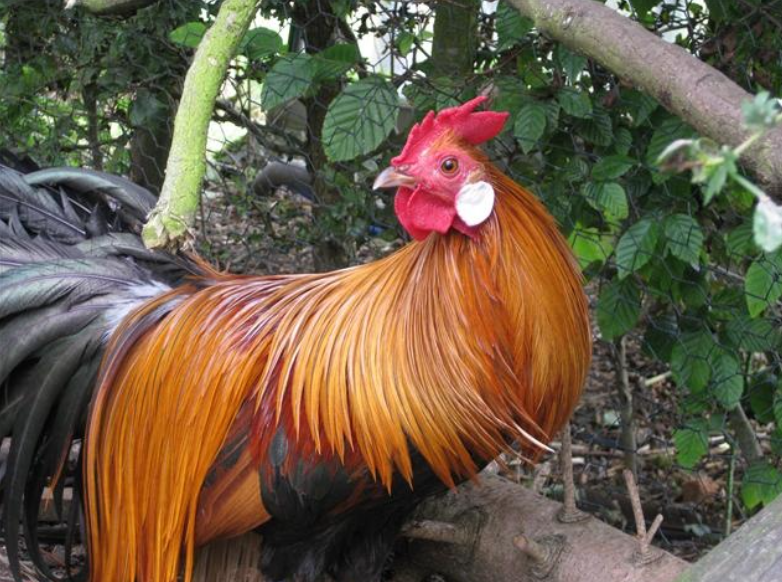
Introducing Your Yokohama Chicken to Human Interaction
Although naturally calm, Yokohama chickens can be more easily handled if they are socialised from a young age and become accustomed to human interaction. Spend time with them regularly to build a bond and help them feel comfortable around you.
FAQ (frequently asked questions) about Yokohama Chicken
Q: What is a Yokohama chicken?
Ans: The Yokohama chicken is a breed of ornamental chicken known for its long, flowing tail feathers and striking appearance.
Q: Where do Yokohama chickens come from?
Ans: Yokohama chickens originate from Japan, specifically the Yokohama region, and were developed for ornamental purposes.
Q: What do Yokohama chickens eat?
Ans: Yokohama chickens are omnivores and primarily eat grains, seeds, insects, and small plants, just like other poultry breeds.
Q: How do Yokohama chickens defend themselves?
Ans: Yokohama chickens rely on their agility and ability to flee from predators for defense, as they are not particularly aggressive.
Q: How do Yokohama chickens reproduce?
Ans: Yokohama chickens reproduce by laying eggs, which are then fertilized by the male, leading to the hatching of chicks after about 21 days.
Q: Are Yokohama chickens good for egg production?
Ans: While Yokohama chickens can lay eggs, they are primarily bred for ornamental purposes and are not the best for large-scale egg production.
Q: How long do Yokohama chickens live?
Ans: Yokohama chickens typically live for 6 to 8 years, depending on their care and living conditions.
Q: What are the characteristics of Yokohama chickens?
Ans: They are known for their elegant, long tail feathers, slender build, and distinctive plumage, making them popular in poultry exhibitions.
Q: Are Yokohama chickens rare?
Ans: Yes, Yokohama chickens are considered rare and are primarily kept by enthusiasts and collectors due to their ornamental value.
Q: Are Yokohama chickens easy to raise?
Ans: Yokohama chickens are relatively hardy but require good care, a safe environment, and attention to ensure they thrive.
#YokohamaChicken, #ChickenBreeds, #HeritageBreeds, #Poultry, #RareChicken, #FarmLife, #BackyardChickens, #PoultryLovers, #ChickenFarming, #ChickenLife, #ChickenCommunity, #ChickenBreeding, #FeatheredFriends, #BirdLovers, #FarmFresh
Our sources and references about Yokohama Chicken
1: Wikipedia
2: Feathered Friend
3: My Pet Chicken
4: Backyard Chickens Forum

